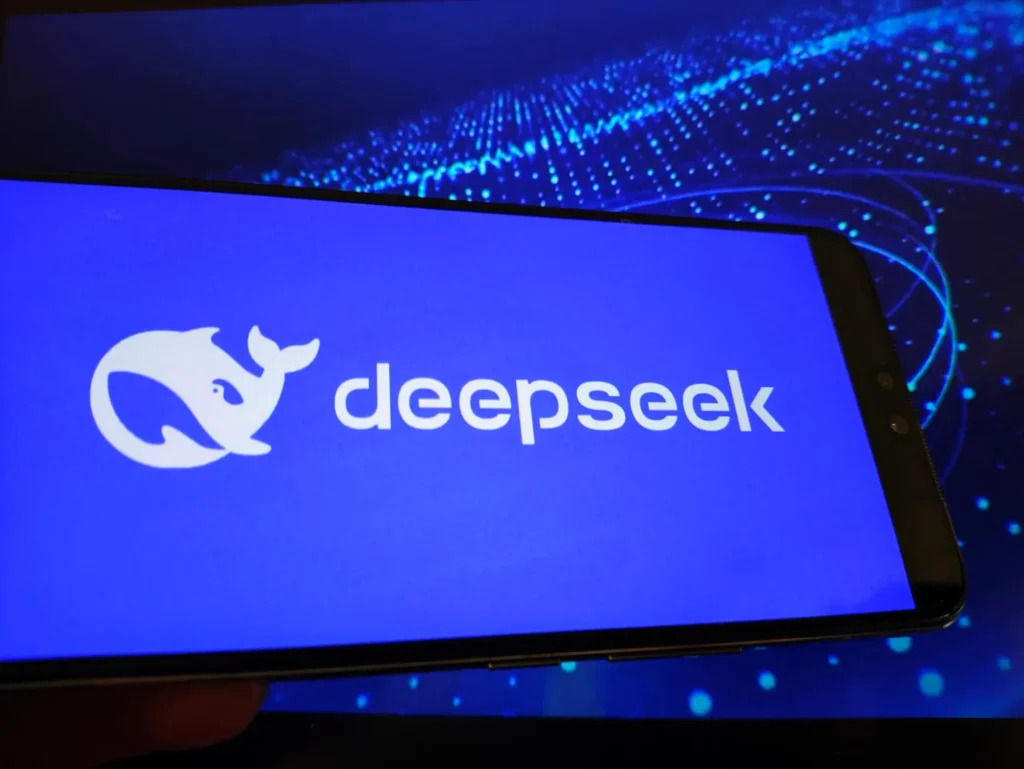
China seems to view homegrown AI startup DeepSeek as a potential success story, fueling its rapid rise in the tech industry. After the company garnered attention in January with the release of its open “reasoning” model, R1, DeepSeek is now operating under stricter government-imposed restrictions, according to The Information.
Reports suggest that some DeepSeek employees are now facing limitations on international travel, with the Chinese government also becoming more involved in screening potential investors. The company’s parent firm, quantitative hedge fund High-Flyer, is reportedly holding onto certain employees’ passports to enforce these travel restrictions.

These developments come just weeks after reports indicated that the Chinese government had urged AI researchers and entrepreneurs to avoid travel to the U.S., citing concerns about the potential loss of valuable trade secrets.
In a dramatic escalation, China is reportedly keeping a sharp eye on DeepSeek, a game-changing AI-powered tool that is shaking up the world of digital security. This development raises urgent questions about cybersecurity, data privacy, and the growing influence of AI-driven technologies in global affairs.
DeepSeek has earned a reputation for its ability to infiltrate even the most secure digital systems, with capabilities that could easily exploit vulnerabilities in infrastructure. While its potential for positive applications in cybersecurity is immense, its power also makes it a prime target for malicious use. This has spurred intense debate about its impact on national security and the future of global data privacy.

Chinese authorities are particularly concerned about the possible misuse of DeepSeek, fearing that its widespread use could disrupt their stringent control over information. The government’s close monitoring is seen as an attempt to protect their technological dominance while preventing any foreign entity from leveraging DeepSeek for espionage or cyber-attacks.
With technological powerhouses around the world racing to develop the next big AI breakthrough, the competition is fierce. DeepSeek’s capabilities put it at the forefront of this race, making its control a matter of global strategic importance. As countries like China push for greater oversight, the stakes have never been higher.
Experts are now warning that the rise of technologies like DeepSeek could lead to a new era of digital warfare, where the boundaries between cyberattacks and legitimate security efforts blur. As this intense battle for control over data continues to unfold, tech companies and governments must take extra precautions to safeguard their most critical digital assets.



